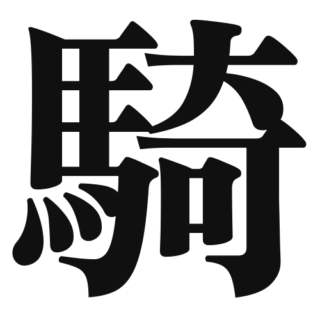 N1
N1 騎
1. Overview of MeaningThe kanji "騎" (ki) primarily means "to ride" or "to mount," especially in the context of riding ho...
 N1
N1  N1
N1 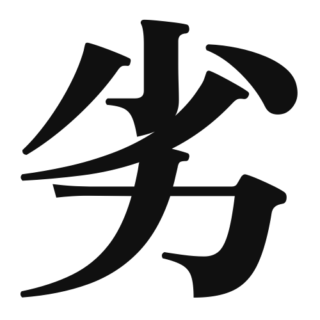 N1
N1 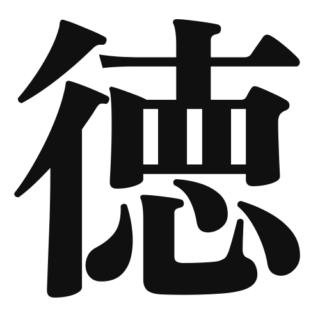 N1
N1 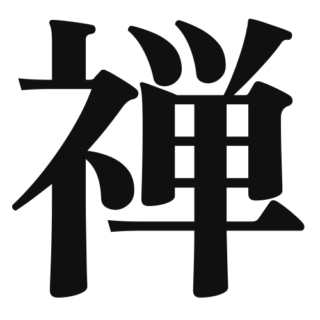 N1
N1 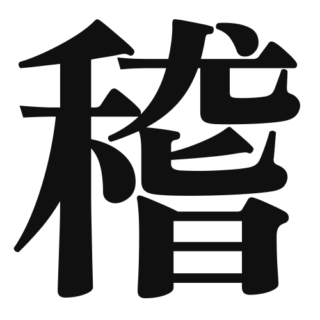 others
others 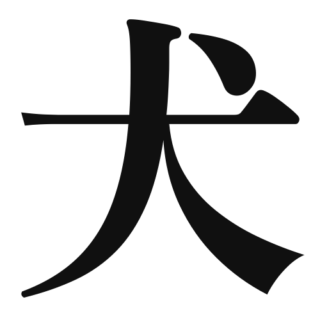 N4
N4 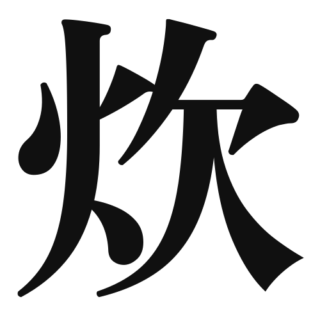 N1
N1 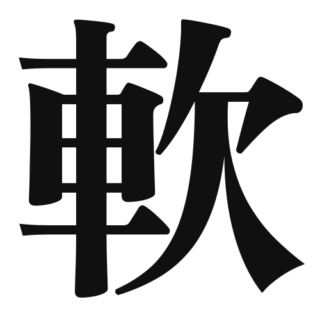 N2
N2 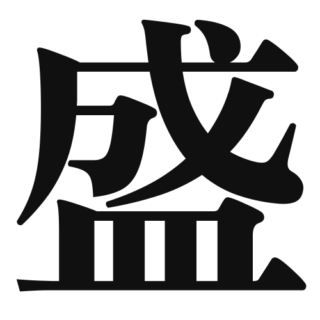 N1
N1